KARACHI: Pakistan’s current economic crisis has caused the highest price hike of daily use items in Karachi’s history. The country’s maximum annual inflation rate rose to its peak level of 12.55% this year as compared to last year’s 6.78% peak level, which was at an eight-year high since June 2011.
The investigative report by journalist M Nawaz Khuhro said that the transport fares and prices of vegetables and other food items in retail market rose sharply in Karachi and other parts of the country soon after gas and oil prices were jacked up by the government.
The unemployment rate has also gone high to 6.1% so far as compared to 3.04% last year and is expected to rise by 6.2% in 2020, according to an investigative report made under a fellowship organized by the Pakistan Press Foundation.
Comparing regionally, Pakistan’s 6.1% unemployment rate has turned higher than that of India (2.6%), Bangladesh (4.3%), and Sri-Lanka (4.4%).
Pakistan Economic Survey 2019 says the fiscal year 2018-19 witnessed a muted growth of 3.29% against the ambitious target of 6.2%. A recent World Bank report said that Pakistan’s Gross Domestic Product (GDP) growth slowed to 3.3 percent in FY19 with a 2.2 percentage points decline compared to the previous year.
The State Bank of Pakistan’s data shows the government’s domestic debt and liabilities increased to Rs23,164 billion by 30 September 2019 from Rs17,004.7 billion in June 2018 while its external debt & liabilities rose to US$106,891 million by 30 September 2019 as compared to US$96,111 million by 30 September 2018. This burden will cause trouble to the economy of the country and people in the future.
The prices of daily use items in Karachi recorded a historical high during June to November 2019 as compared to the same period last year.
In an interview, Joint Director of Pakistan Institute of Labour Education and Research (PILER), Zulfiqar Shah, said the present economic crisis had badly affected common people, particularly the working class.
He said since the PTI government signed the $6 billion economic programáagreement with IMF, rupee had devalued over 30 percent and fiscal deficit rose as high as at 7.4%. These bad economic indicators coupled with unemployment and low wages had severely affected workers, he said.
In an interview, Sindh Agriculture Research Council (SARC) senior vice president Jamal Mahmood said that the current economic crisis had badly affected agriculture sector, which is the mainstay of Pakistan.
In an interview, Home Based Women Workers Federation (HBWWF) general secretary Zehra Akbar Khan said that the current economic crisis had affected 50,000 home-based workers in Sindh as most of them had become unable to pay the rent of their houses and cannot afford the education of their children.
Coping strategies
The investigative report says there is dire need to devise effective coping strategies to pull the country out of the worst economic crisis.
In an interview, President, Karachi Chamber of Commerce & Industry (KCCI), Agha Shahab Ahmed Khan said Pakistan needed to focus on E-commerce, especially B2B e-commerce to increase exports.
He said that China was moving towards producing higher value added goods and was looking to move a portion of its manufacturing sector to other developing countries. Pakistan must try to get as much of China’s relocating manufacturing as possible by setting up joint ventures with the Chinese under CPEC. More work is needed on Ease of Doing Business reforms so as to attract foreign investment, he said.
He said that the country’s services sector also needed to focus on exports and search for other avenues apart from the IT sector. Pakistan also needs to encourage formation and proper functioning of skill development institutions.
The investigative report said that there was a dire need to devise effective coping strategies to pull the country out of the worst economic crisisááby establishing own industries for manufacturing computers, mobile phones, cars, buses, coaches and other vehicles because much of the national income goes to foreign countries for purchasing these items.


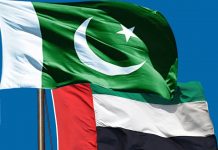
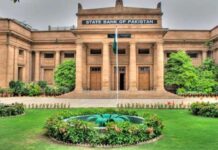


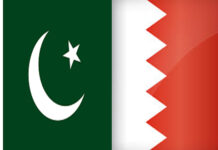













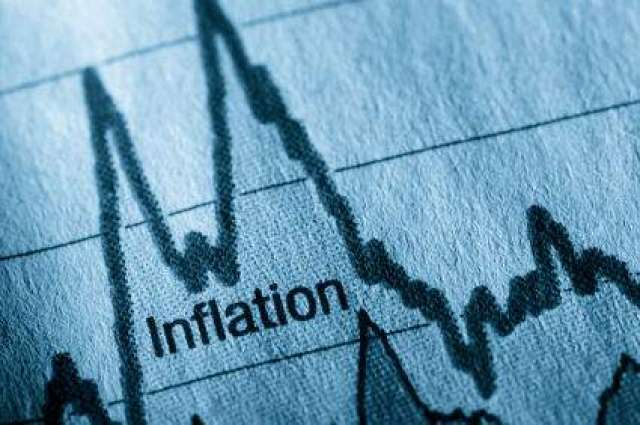
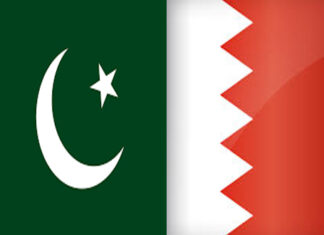



Our ancestors blood was involved in the making of PAKISTAN n so we ardently want pakistan to flourish n reach to its peak in every field n every aspect; b it education, industry, commerce politics in fact every field.
Whenever, I hear of any progress, my blood circulation increases to heights. Even though I love in USA but basically I m a PAKISTANI & have my genial ties with that country as the graves of my parents r in pakistan n they hv worked vvv hard in its establishment with QUAID E AZAM.
Long live my country n its citizens.
Love u my country pakistan.
[…] of affairs, as many individuals have misplaced their jobs and are going through a discount of their income. Grievances of the residents are piling up and the factitious hike in worth must be curbed by […]